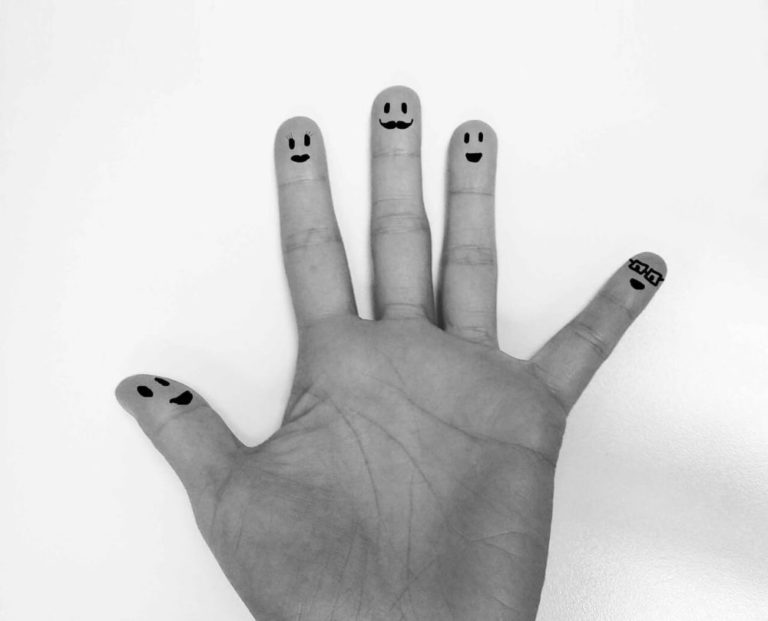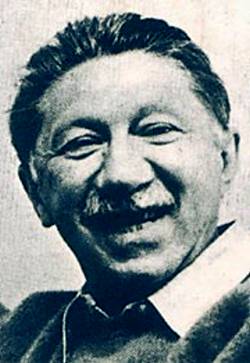Define Cognitive Psychology: Meaning and Examples
Cognitive psychology reveals the inner workings of the mind, from how we process information to how we make decisions. Discover the science behind our mental processes.

Cognitive psychology reveals the inner workings of the mind, from how we process information to how we make decisions. Discover the science behind our mental processes.

Random assignment means that every participant has the same chance of being chosen for the experimental or control group. It involves using procedures that rely on chance to assign participants to groups. Doing this means that every participant in a study has an equal opportunity to be assigned to any group. For example, in a…

Psychological perspectives represent different ways of thinking about how people behave. Some of the main psychological perspectives that have emerged to help scientists study and understand human thought and actions include: Some psychologists take a single approach in their research. For example, a cognitive psychologist might utilize a cognitive perspective when analyzing human problems. Researchers…

Are you trying to find a job with a bachelor’s degree in psychology? While earning a graduate degree is required for many psychology jobs, the fact is that approximately 75% of students who earn a bachelor’s degree in psychology do not go to graduate school. According to one study, only about 25% of psychology undergraduates…

Psychology is one of the most popular college majors, but exactly what can you do with a bachelor’s degree in psychology? Although psychology is a relatively young field, it has surged to become one of the most popular undergraduate majors on college campuses worldwide. It is also one of the most popular online degrees. If…

All parents have their own approach to child-rearing, but psychologists have also identified distinctive parenting styles that can impact child development. Today, psychologists suggest that there are four major parenting styles: As you might imagine, these different parenting styles are marked by distinctive behavior and communication patterns. These parenting styles can play an important role…

In psychology, stimulus generalization refers to the tendency for a conditioned response to be elicited by stimuli similar to the original conditioned stimulus. This phenomenon occurs when an organism responds to new stimuli that are similar but not identical to the stimulus that was originally conditioned. Stimulus generalization occurs when an organism responds to a…

Acquisition in classical conditioning is the phase where a neutral stimulus starts triggering a response through repeated pairing with an unconditioned stimulus, marking the beginning of new learning. Key Takeaways What Is Acquisition in Classical Conditioning? Acquisition is the process in classical conditioning where a neutral stimulus becomes associated with an unconditioned stimulus to trigger…

Styles of leadership involves how a person governs, directs, and motivates followers. Researchers have proposed several different types of leadership styles over the last 50 or so years. Leaders often utilize such styles in business, politics, technology, and other major fields. Psychologists have found that leadership styles can have a meaningful impact on how well…

While there have been many different theories of personality, many psychologists today believe that personality is made of five broad dimensions, a notion often referred to as the big five theory of personality or the five-factor model. The Big 5 personality traits the theory describes are: The Big Five Personality Traits We mentioned these big…

There are many important events that have had a powerful influence on the history of psychology. The following are just a few important dates in psychology that mark significant events and milestones. On February 24, 1913, John B. Watson delivered his lecture, Psychology as the Behaviorist Views It, at a meeting of the American Psychological…

Mental health jobs can be challenging but also very rewarding. Such careers can include jobs as a psychiatrist, counselor, clinical psychologist, school psychologist, or substance abuse counselor. Finding the right mental health job involves carefully considering your needs, interests, and personality traits. Since psychology is such an immense and diverse subject, many different career options…

In psychology, a single-blind study is a type of experiment or clinical trial in which the experimenters are aware of which subjects are receiving the treatment or independent variable, but the participants of the study are not. A study in which both the experimenters and participants are unaware of who is receiving the independent variable and…

Self-actualized people embrace growth and authenticity, but just as telling are the habits they avoid. Discover key characteristics of self-actualized people.

The absolute threshold is the smallest amount of a stimulus that a person can detect 50% of the time. It can involve any of the senses, including hearing, taste, vision, smell, and touch. The term absolute threshold is often used in psychology research yet students are often confused about what it means. Let’s take a…

Kitty Genovese was a woman murdered outside her Queens, New York apartment in 1964. False reports initially suggested that neighbors had witnessed the crime yet failed to report what they saw. The case captured the public’s attention and the interest of psychology researchers, who coined the term “bystander effect” to explain why people are less…

From basic survival to self-actualization, Maslow’s hierarchy reveals how our deepest needs shape the way we live, work, and pursue happiness.

Psychology is often defined as the study of the mind and behavior, a very broad topic that is often broken down into a number of different branches of psychology. Each of these branches of psychology is centered on a specific subfield within psychology. The four main branches of psychology are often defined as clinical psychology,…

The Keirsey Temperament Sorter is a self-inventory personality questionnaire developed by psychologist David Keirsey and introduced in his 1978 book titled Please Understand Me. Keirsey based his assessment on the Myers-Briggs Type Indicator (MBTI). The Keirsey Temperament Sorter categorizes people into one of four different temperaments: Gaurdian, Artisan, Idealist, and Rational. Each temperament is then…

Abraham Maslow was an influential American psychologist who founded the school of thought known as humanistic psychology. His famous hierarchy of needs describes how people are motivated by increasingly complex needs. Maslow was inspired to develop his theory by his dissatisfaction with some of the major theories of psychology that existed at the time. He…